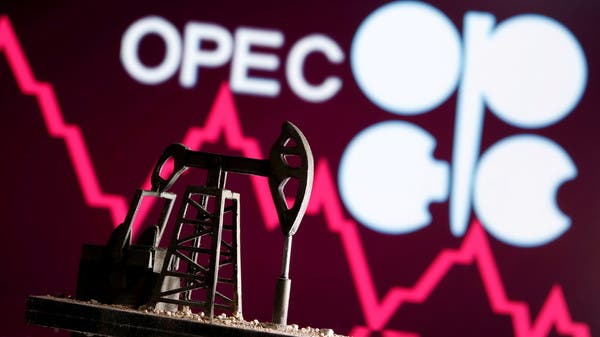Experts and analysts revealed, in exclusive interviews, to the Al-Arabiya channel, the extent of the real reductions in oil production, following the recent decision of OPEC Plus.
OPEC + members agreed at the conclusion of their meeting today Wednesday to reduce production by two million barrels per day in November.
Youssef Al-Shammari, CEO of CMarkits London, said the true reductions will be between one million and 1.1 million barrels per day, indicating the share of Saudi Arabia, the United Arab Emirates and Kuwait from the reduction, approximately 800,000 barrels.
Al-Shammari said in an interview with Al-Arabiya that the three Gulf countries can be relied upon to withstand the greatest volume of cuts, because their 100% commitment has been demonstrated in the previous months.
He expects that there will be subsequent steps in light of the lack of clarity in the global vision if there are economic developments, especially what is happening in China, and expectations of recession in Europe and the United States of America.
market balancing
For his part, the head of the Corum Center for Strategic Studies, Tariq Al-Rifai, said today’s decision by OPEC Plus is “positive” in trying to balance supply and demand.
In an interview with Al-Arabiya, Al-Rifai added that the economic slowdown in China and other developed countries indicates a decline in oil demand, so the decision will be reflected in supporting oil prices.
right decision
For its part; An oil expert, Fahd bin Juma, said the OPEC Plus decision is “sound” and a clear message to the oil markets that the coalition is monitoring and studying the market.
Bin Jumaa added that the decision will maintain market stability, noting that the level of reduction, if it reaches 900,000 barrels, will also be good.
He explained that OPEC Plus decisions are proactive, as Saudi Energy Minister Prince Abdulaziz bin Salman spoke, but this is the first step in maintaining price stability.
In a related context; An energy consultant at Hawk Energy, Khaled Al-Awadi, said oil prices rose with support from the OPEC Plus decision and that Brent crude was trading close to the $ 94 level.
In his meeting with Al-Arabiya, Al-Awadi revealed the need to create a balance between supply and demand, adding that OPEC Plus is working to correct the imbalance in prices after their sharp decline.
He continued: “Had it not been for today’s OPEC Plus decision, it would have been possible to see the price of oil trading close to the $ 50 a barrel level … and this is unacceptable in light of high inflation and the possibility of economic stagnation in the world. “
During the OPEC Plus press conference, in response to a question from Al-Arabiya, Saudi Energy Minister Prince Abdulaziz bin Salman said that industries and large consumers are reluctant to resort to the paper oil market because it is expensive and subject to speculation and manipulation.
“OPEC Plus will remain an important force in the stability of the global economy. The amount of uncertainty we are experiencing is unprecedented. The current situation makes it difficult for large consumers to use the paper market,” according to the minister of paper. ‘Saudi energy.
Regarding the impact of central bank decisions on demand, Prince Abdulaziz said: “We do not know the implications of anti-inflation policies on global demand.”
The Saudi Energy Minister stressed the need for vigilance and said: “We must be careful and remain honest about our ability to predict the future.”


